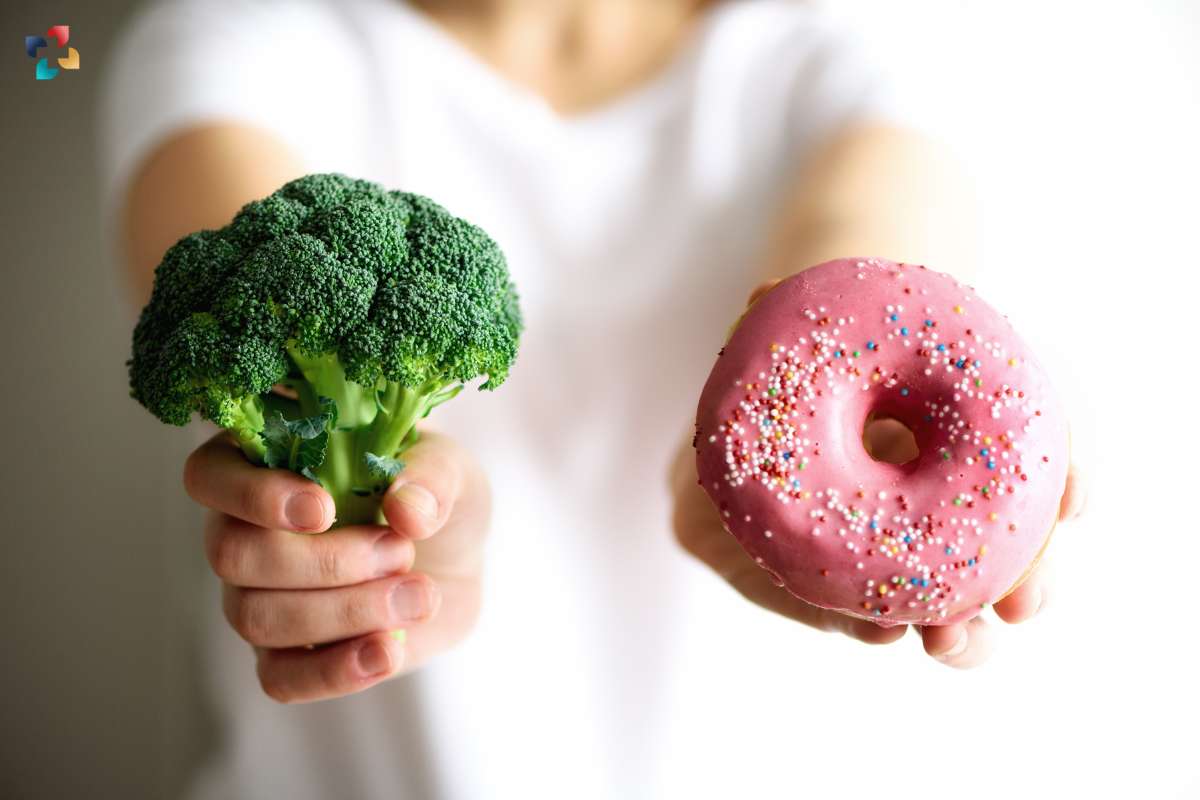As fitness enthusiasts, we all know that crushing our workout goals requires dedication, discipline, and determination. But there’s one crucial factor that often gets overlooked in the pursuit of fitness success: hydration. Dehydration can sneak up on us and sabotage our best efforts, leading to fatigue, decreased performance, and even health risks. Less moisture content has adverse effects on your body, hence it is important to create a balance. People tend to drink less water and suffer from issues like feeling tired, sunken eyes, and a weak pulse.
In this comprehensive guide, we’ll delve into the importance of staying hydrated during workouts and provide you with practical and insightful strategies to prevent dehydration from derailing your fitness journey.
Understanding the Significance of Hydration:
Before we delve into prevention strategies, let’s grasp the significance of hydration during exercise. Our bodies function optimally within a narrow range of fluid balance. Dehydration occurs when we lose more fluids through sweat and respiration than we consume. Even mild dehydration can have a profound impact on your workout performance and overall well-being.

When you’re dehydrated, your body has to work harder to maintain core temperature, leading to increased heart rate and perceived effort. This translates to decreased endurance, strength, and coordination – the very attributes we strive to enhance through our workouts. Additionally, dehydration impairs the body’s ability to transport nutrients and oxygen to muscles, further hindering performance.
The Dehydration-Exercise Connection
Understanding how dehydration and exercise are interlinked is crucial for effectively preventing it. During physical activity, we sweat to cool our bodies down. This sweat contains essential electrolytes – such as sodium, potassium, and magnesium – that play a vital role in muscle function and hydration balance. When you lose more fluids through sweat than you consume, electrolyte imbalances can occur, contributing to dehydration.
Furthermore, as your body loses fluids, blood volume decreases, leading to reduced circulation and oxygen delivery to muscles. This can result in early fatigue and decreased workout intensity. It’s clear that dehydration is not just about feeling thirsty; it’s about optimizing your body’s ability to perform at its best.
Practical Strategies to Prevent Dehydration;
Now that we understand the importance of staying hydrated, let’s explore practical strategies to prevent dehydration from hindering your workout progress:
1. Pre-Hydration is Key
Start your workout well-hydrated. Aim to consume water throughout the day, especially in the hours leading up to your workout. This helps ensure that you begin your exercise session with optimal fluid levels. The best way to prevent dehydration is rehydration. It is that simple.
2. Monitor Your Fluid Loss
Pay attention to your body’s fluid loss during exercise. Weigh yourself before and after your workout – any weight loss is likely due to fluid loss. For every pound lost, aim to consume 16-24 ounces of fluid to rehydrate adequately. This is a great hack to prevent dehydration.
3. Sip, Don’t Gulp

During your workout, aim for a steady intake of fluids rather than guzzling large amounts at once. Sipping water throughout your session helps maintain hydration without causing discomfort. Sipping at regular intervals also helps not to feel bloated.
4. Electrolyte Balance Matters
In addition to water, ensure you’re replenishing essential electrolytes lost through sweat. Consider drinking beverages with added electrolytes or consuming a balanced post-workout snack to restore electrolyte levels. It helps to maintain a balance of all essential and lost nutrients during the workout.
5. Plan for Longer Workouts
For longer or more intense workouts, opt for sports drinks or electrolyte-enhanced beverages. These drinks provide not only hydration but also the electrolytes necessary to maintain muscle function and prevent cramping. To prevent dehydration, do the workout slowly and steadily. A fast and compulsive workout will make you feel the tiresome and excessive loss of moisture via sweat.
6. Listen to Your Body
Pay attention to thirst cues. Thirst is your body’s way of signaling that it needs hydration. Don’t ignore these signals; sip water as soon as you feel thirsty. Two to three small sips of water frequently will help you prevent dehydration.
7. Choose Hydrating Foods
Include hydrating foods in your pre-workout meal or snack. Fruits and vegetables with high water content, like watermelon and cucumber, can contribute to your overall hydration levels. Citrus fruits like these not only provide the necessary water content but also help to build up fiber in the body which is good for digestion too.

8. Avoid Excessive Caffeine
While a moderate amount of caffeine can boost workout performance, excessive consumption can contribute to dehydration. If you consume caffeinated beverages, balance them with water intake. Consuming caffeine within a set limit will help for a good and active workout.
9. Hydrate Post-Workout
Rehydration continues even after your workout is done. Make sure to continue drinking fluids in the hours following your exercise session to restore your body’s hydration balance. You may not necessarily drink enough water during the workout, so keep on sipping water post-workout, for a few hours to prevent dehydration.
10. Track Your Hydration
Consider using a water-tracking app or journal to monitor your daily water intake. Setting hydration goals and tracking your progress can help you stay accountable. In this digital age, this is the best hack to track the water content in the body and prevent dehydration.
11. Climate Considerations
If you’re exercising in hot and humid conditions, your fluid needs increase significantly. Adjust your hydration strategy to account for the climate you’re in. Climate plays an important role in releasing fluids from your body via sweat. Drink enough water keeping in mind the climate you’re working out in. It helps to prevent dehydration.
12. Rest and Recovery Hydration
Hydration isn’t only about the workout itself; it’s also vital during recovery. Rehydrate adequately after your workout to support muscle repair and overall recovery.
Conclusion
As you lace up your sneakers and gear up for your next workout, remember that your performance is intimately tied to your hydration status. Preventing dehydration isn’t just about drinking enough water; it’s about optimizing your body’s ability to perform, recover, and thrive. By following these practical strategies – from pre-hydration to post-workout recovery – you’ll empower yourself to conquer your fitness goals with resilience and energy.
Remember, your body is your most valuable tool in the pursuit of fitness excellence. Treat it well, keep it hydrated, and watch as your workouts become more effective, your progress accelerates, and your overall well-being flourishes. So, drink up and sweat it out – the path to peak performance starts with staying hydrated.











